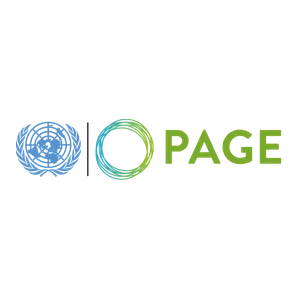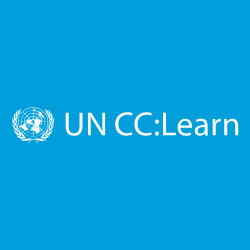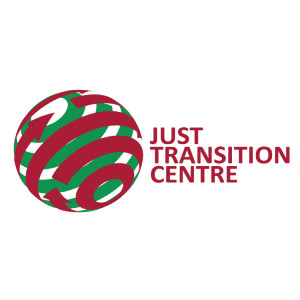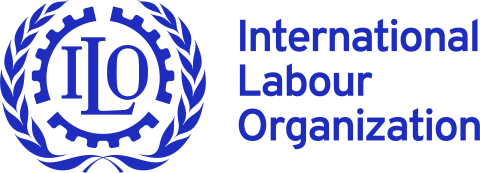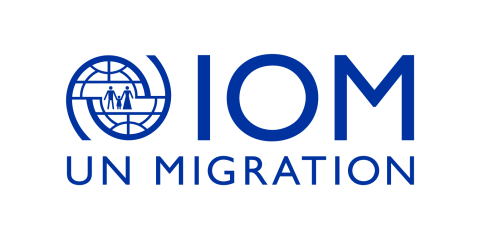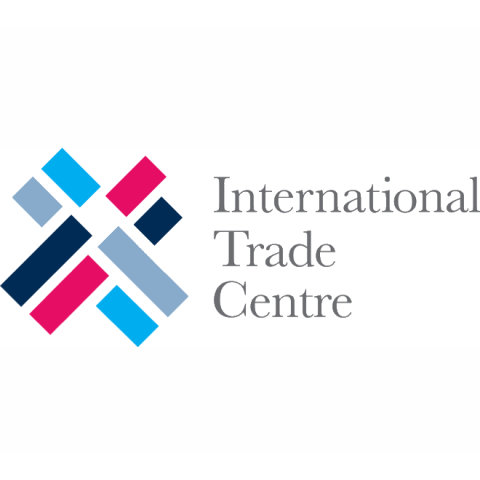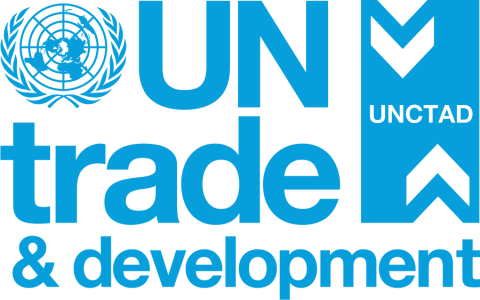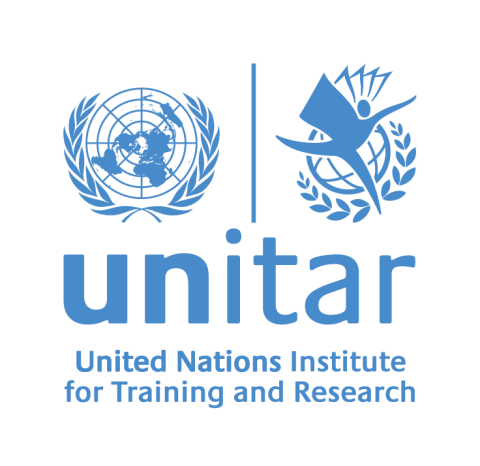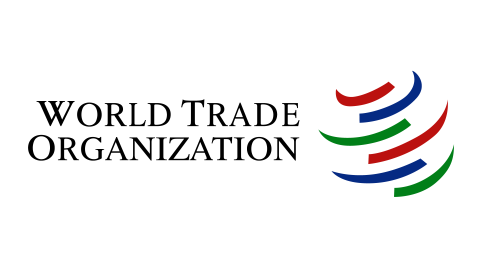
Breadcrumb
Standing strong for labour rights: the ILO
The main international organization responsible for decent work under fair conditions is the International Labour Organization (ILO), based in Geneva. The Organization was founded in 1919 as part of the Treaty of Versailles, with the belief that a lasting peace could be established only through social justice – which would be achieved through decent work under humane conditions for everyone.
As such, the ILO is older than the UN. After the foundation of the UN, it joined the UN family as a specialised agency.
The ILO’s tripartite membership, consisting of governments, employers and workers representatives, is unique in the UN system. Together, the three groups draft, adopt and monitor international labour standards.
ILO Declaration on Fundamental Principles and Rights at Work
The ILO Declaration on Fundamental Principles and Rights at Work, adopted in 1998 and amended in 2022, is an expression of commitment by governments, employers' and workers' organizations to uphold basic human values. It affirms the obligations and commitments that are inherent in membership of the ILO, namely:
- freedom of association and the effective recognition of the right to collective bargaining;
- elimination of all forms of forced or compulsory labour;
- effective abolition of child labour;
- elimination of discrimination in respect of employment and occupation; and
- a safe and healthy working environment.
Implementing and monitoring labour rights
Labour rights are human rights – that is one of the ILO’s principles. Both the ILO standards and the Universal Declaration of Human Rights ensure fundamental rights, freedoms and protections for workers and their families.
The Universal Declaration of Human Rights
The Universal Declaration of Human Rights was finalised and adopted in 1948 by UN Member States. Its adoption marked the first time ever that human rights were agreed upon as universally applicable to all human beings. Its 30 articles address all aspects of life. Article 23 explicitly addresses the right to work, and the following articles are interlinked with this right:
- Article 4 on freedom from slavery or servitude
- Article 22 on the right to social security
- Article 24 on the right to rest and leisure
- Article 25 on the right to an adequate standard of living, and to social protection for mothers and children
Article 23
- Everyone has the right to work, to free choice of employment, to just and favourable conditions of work and to protection against unemployment.
- Everyone, without any discrimination, has the right to equal pay for equal work.
- Everyone who works has the right to just and favourable remuneration [...].
- Everyone has the right to form and to join trade unions for the protection of his interests.
ILO standards
ILO standards cover both legally binding conventions and non-binding recommendations developed by and for the tripartite membership of the ILO. There are more than 170 conventions and recommendations covering various work-related topics, including employment security, wages, working time, maternity and vocational training.
Eleven of them are considered "core conventions" by the International Labour Conference.
The eleven fundamental instruments are:
- Freedom of Association and Protection of the Right to Organise Convention, 1948 (No. 87)
- Right to Organise and Collective Bargaining Convention, 1949 (No. 98)
- Forced Labour Convention, 1930 (No. 29) (and its 2014 Protocol)
- Abolition of Forced Labour Convention, 1957 (No. 105)
- Minimum Age Convention, 1973 (No. 138)
- Worst Forms of Child Labour Convention, 1999 (No. 182)
- Equal Remuneration Convention, 1951 (No. 100)
- Discrimination (Employment and Occupation) Convention, 1958 (No. 111)
- Occupational Safety and Health Convention, 1981 (No. 155)
- Promotional Framework for Occupational Safety and Health Convention, 2006 (No. 187)
Implementing labour rights: examples

Example 1: Working time
The negative health effects of working long hours on a regular basis are widely known, and increasingly, the difficulties of reconciling long workdays with a social and family life have become apparent. ILO promotes the limitation of working hours towards a better work-life balance for employees, and has taken a range of steps to reach this goal:
Standards: The International Labour Conference has issued several conventions and recommendations on working time, including on weekly rest for industry and office workers, night shifts and part time work. In fact, ILO’s first convention covered the topic of working time. These standards have been adapted by governments into national laws, thus forming the reality for workers around the globe.
Research: ILO conducts comparative research on hours worked in different regions and professions and the relative effects on economies and workers’ health. These results help guide national legislation as well as business decisions.
Guidelines: ILO develops practical guides for businesses on how to effectively improve work-life balance while maintaining or even increasing productivity.
More information:
Example 2: Health and safety at work
Some 395 million workers sustain a non-fatal work injury every year; 2.93 million die because of work-related injuries. There is a clear need to improve safety at the workplace and to make sure that workers do not get sick because of their working conditions.
Standards: The Occupational Health and Safety Convention from 1981 and the Promotional Framework for Occupational Safety and Health Convention from 2006 are the international instruments protecting workers’ health and safety rights. Their principles have since been incorporated in many States' workplace health and safety regulations.
Knowledge: ILO provides country-level data on work-related hazards and accidents, providing insight into not only the health impacts for workers, but also the economic consequences.
Training: ILO trains workers to take care of their health and safety at their workplace, and to negotiate for these rights with their employers, if necessary. For example, as part of the “Work Improvement in Neighbourhood Development" programme, ILO trains cocoa farmers on how to take better care of their health when working in their fields. This increased health awareness has had many positive outcomes. Since the farmers' health has improved, they no longer need to rely on their children to help in the plantation. In this way, health and safety awareness can be an important tool to prevent child labour.
More information:
Protecting vulnerable groups
For most people, work is the basis for financial stability, allowing us to afford the basics of life and sustain ourselves and our families. However, dependence on work makes us vulnerable to exploitation. Some groups are more at risks than others, and it is part of the UN’s mandate to protect these persons and promote equal opportunities and equal protection for all persons in all spheres of life.
Persons with disabilities
Who works on this topic?
ILO | Global Business and Disability Network | OHCHR
Child labour
Who works on this topic?
ILO | OHCHR - Committee on the Rights of the Child, Special Rapporteur on the sale of children | UNICEF
Indigenous peoples
Who works on this topic?
UNDESA | ILO | UNPFII | OHCHR - Expert Mechanism on the Rights of Indigenous Peoples, Special Rapporteur on the rights of Indigenous Peoples
Changing work realities
Work life has changed drastically since the ILO was established in 1919. New professions have emerged and many tasks that had involved manual labour for decades have been taken over by machines. With new challenges, such as climate change and forced migration, and new possibilities, like artificial intelligence and global connectivity, come different jobs and life realities. The UN assesses the extent to which these changes affect people across the planet.
Artificial intelligence
Artificial intelligence (AI) has the potential to drastically change how we work by automating tasks. ILO forecasts that the AI revolution could change one in four jobs - some will disappear, while others will change, requiring new skills and adaptability. Managing these changes is a collective responsibility for the UN system. Here are some examples of UN initiatives and bodies focusing on AI and work:
ILO Observatory on Artificial Intelligence and Work in the Digital Economy
The ILO Observatory on Artificial Intelligence and Work in the Digital Economy is the leading international knowledge hub on the world-of-work dimensions of AI and the digital economy. It aims to support governments and social partners in understanding and managing the digital transformation of work.
AI for Good
Organized by the International Telecommunications Union (ITU), AI for Good is the UN’s leading AI programme. It identifies innovative AI applications, builds skills and standards, and advances partnerships to solve global challenges. As part of this programme, ITU and ILO host an information series in which experts analyse questions such as the effects of AI on job quality and quantity, and whether AI can benefit workers.
UN High-level Advisory Body on AI
The UN Secretary-General convened a multi-stakeholder High-level Advisory Body on AI for 12 months from 26 October 2023 to undertake analysis and advance recommendations for the international governance of AI.
The Advisory Body comprised 39 preeminent AI leaders from 33 countries from across all regions and multiple sectors. It provided high-level expert and independent contributions to ongoing national, regional, and multilateral debate.
Environmentally sustainable work
Climate change and environmental degradation pose significant challenges to economic growth and employment today and in the future. Yet, if properly managed, climate change action can lead to more and better jobs. ILO studies show that implementing the Paris Agreement could create a net gain of 18 million jobs by 2030. This is why ILO is promoting a “just transition” to a carbon and resource efficient economy.
With the International Labour Conference resolution adopted in 2023 on a just transition towards environmentally sustainable economies and societies for all, ILO has a newly reinvigorated mandate in advancing a just transition in the multilateral system.
Partnerships for a just transition
To promote the just transition and access to green jobs, ILO and other UN agencies, international organisations, States and civil society are working together on a wide range of initiatives, from capacity building to research and technical support, within the framework of various networks, including:
Organisations working on labour issues
Established in 1951, IOM is the leading intergovernmental organization in the field of migration and works closely with governmental, intergovernmental and non-governmental partners. IOM works to help ensure the orderly and humane management of migration to promote international cooperation on [...]
The World Bank Group is an international financial institution whose mission is to end extreme poverty and boost shared prosperity on a livable planet. It works in every major area of development and provides a wide array of financial products and technical assistance to help countries share and [...]
UN Trade and Development (UNCTAD) is the UN’s leading institution dealing with trade and development. It is a permanent intergovernmental body established by the United Nations General Assembly in 1964. UNCTAD supports developing countries to access the benefits of a globalized economy more fairly [...]
As a dedicated training arm of the United Nations system, the United Nations Institute for Training and Research (UNITAR) provides innovative learning solutions to individuals, organizations and institutions to enhance global decision-making and support country-level action for shaping a better [...]
The WTO provides a forum for negotiating agreements aimed at reducing obstacles to international trade and ensuring a level playing field for all, thus contributing to economic growth and development. The WTO also provides a legal and institutional framework for the implementation and monitoring of [...]


